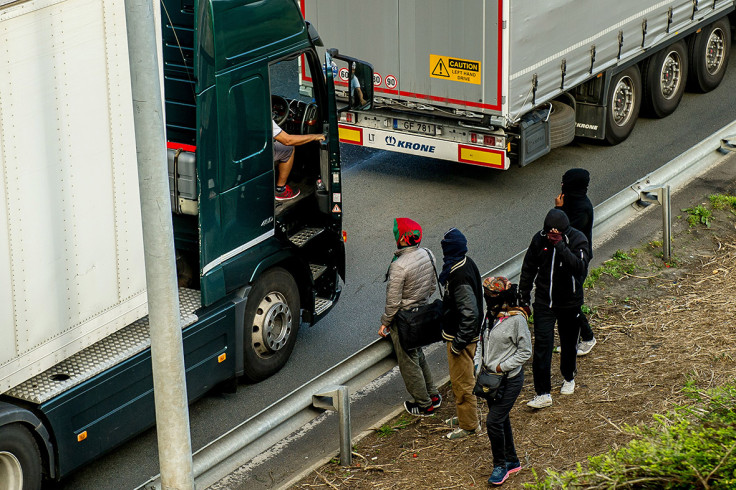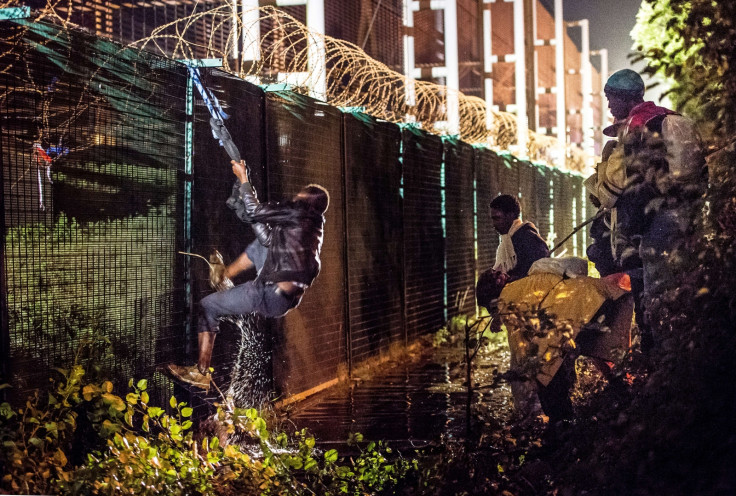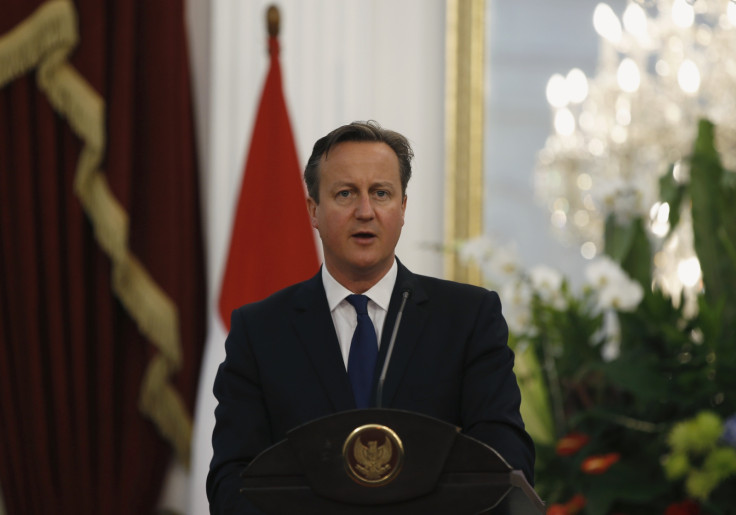Calais migrant crisis: We humanise animals like Cecil the lion and bestialise desperate people

When David Cameron speaks, his words will have had to pass the taste test of a number of political Beefeaters. Speech writers, advisers, colleagues. Before he goes into interviews with journalists, he knows exactly what he wants to say.
So when in a smoothly delivered answer to a question the British prime minister uses the word "swarm" to refer to thousands of desperate migrants trying to get to the UK, it is probably intentional. Not a slip of the tongue but a calculated political decision.
The Refugee Council called it a "dehumanising" use of language. And that is exactly what it is. We all know what the connotation of swarm is: insects. Pests. Animals. Humans can swarm. But the frequent use of the language evokes insect imagery – and its application to humans has a macabre history. We humanise animals we like, and animalise humans we do not.
Just look at the fury around the killing of the lion by an American trophy hunter. Journalists and campaigners refer to the lion to by a human name, Cecil, to intensify our emotional reaction. Those not bothered about Cecil refer to him as "some lion", stripping away the anthropomorphism and so the emotional attachment.

Animals are anthropomorphised all the time and often to get us to buy products. The PG Tips chimpanzees. Tony the Tiger. Aleksandr Meerkat. And thousands more examples. Marketers know we react positively to animals that look and act like people. The reverse can also be true.
The migrants travelling thousands of miles to Calais so they can cross the border – the final treacherous leg of a horrendous journey, where they risk death to hop on the back of lorries or walk through the Channel Tunnel alongside high-speed trains – have compelling, heart-rending, human stories to tell. They flee death, destruction, absolute poverty, disease and persecution. They want what we all want: a better life for us and our families.
But this sits awkwardly with those making a political case not to let them in. That they should be scooped up and deposited back home, or held in shanty internment camps at the French border. So to limit our emotional connection to our fellow humans, a bestial lexicon is applied to the migrants.
Where is Cecil the migrant? A person with a name who symbolises the grim human consequences of the political decisions being taken by the likes of Cameron. Without a name, you have no identity. And without an identity, you cannot become a person. Therefore, in the public consciousness, the migrants being denied names are also being denied personhood.
To my shame, I cannot remember the name of a single migrant who has told their story to the media.

Cameron used swarm. Columnist Katie Hopkins, a tediously predictable controversy-monger, called the migrants drowning in the Mediterranean – many of them children – cockroaches. Others use terms such as parasites and leeches as routine to describe immigration.
There are sinister echoes from history. At risk of invoking Godwin's Law, the Nazis were especially adept at dehumanising their victims by using this same imagery: Jews as parasites, cockroaches and rats.
On the football terraces of Europe, some white fans grunt primal ape noises at black players, invoking the disgusting racist trope of non-white people as monkeys. Fortunately, this is rarer now than it used to be. But it still goes on and the intention is the same: to bestalise a human.
When it comes to today's migrants, dehumanising them with animalistic language is more than just unpleasant or racist. It is also cowardly. It is a lexical animal costume under which to hide real people. Because if you do not see them as people like you and I, then you do not have to deal with the inhumanity of what is happening to them. They are, after all, just another swarm of migrants to be swatted away.
© Copyright IBTimes 2025. All rights reserved.






















